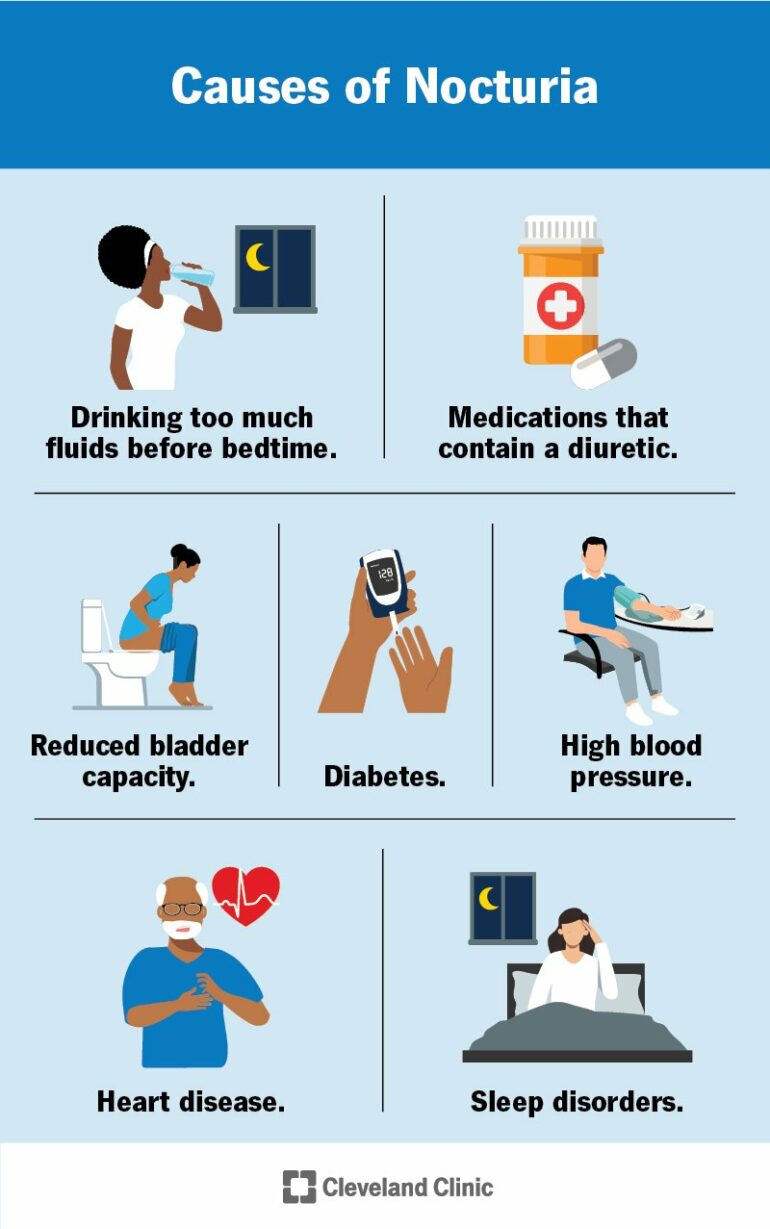Curious Kids is a series for children of all ages. If you have a question you’d like an expert to answer, send it to [email protected].
What happens if you have to go to the bathroom in your sleep? – Calleigh H., age 11, Oklahoma
As you drink water during the day, your body turns extra liquid it doesn’t need into pee. Your bladder stores the urine and eventually alerts you when it’s time to take a trip to the toilet.
But what about at night? How does your body know not to pee while you’re asleep?
Just because you’re snoozing doesn’t mean your body is totally offline – continuous processes like breathing, digestion and, yes, making pee, still happen while you’re asleep. Your bladder and your brain work together to know what to do with that big glass of water you drank before bed.
Using the bathroom every day is routine for many people, so it’s something you might not pay much attention to. But as a pediatric urologist, understanding how the brain and bladder work together – and sometimes miscommunicate – is an important part of my job.
The bladder and the brain
The bladder has two main jobs: to safely store urine and to empty it out. While it seems simple, these two tasks take a lot of complex coordination of muscles and nerves – that’s the brain’s job.
For babies and young kids, the bladder has reflexes, meaning it automatically knows when to squeeze the muscles to empty the urine. Since babies can’t control this consciously, they typically wear diapers. But as kids grow, the bladder muscles and nerves also grow, which gives a youngster more control over their bladder.
During toilet training, which usually happens by the age of 3 or 4 in the U.S., kids learn how to use the toilet voluntarily. This means that they can feel when the bladder is getting full and their brain can receive and understand that signal. The brain can then tell the bladder to “hold it” until they’ve made it to the toilet and it’s safe to pee.
What happens in sleep mode?
Most children first learn how to use the toilet during the day. Using the bathroom overnight can be more difficult because the sleeping brain doesn’t receive signals in the same way as when awake.
While awake, if there’s a loud noise or a bright light, the body senses it and reacts. But during sleep, the body may not hear that noise or see that light because the brain is in sleep mode. Imagine sleeping through an overnight thunderstorm that you didn’t realize happened until you hear people talking about it in the morning. Your brain didn’t process the loud noises because it was focusing on sleep.
The same thing can happen with bladder signals. The bladder fills with urine 24 hours a day, even while you’re snoozing, and it sends signals to the brain when it’s full. In order to help you get enough sleep, your brain will tell your bladder to hold it until morning.
Sometimes, if you really need to go, your brain will…



